So, you have been in a car accident. You have filed a claim with your insurance company and with the insurance company for the at-fault party. Almost immediately, you may find yourself being contacted by both insurance companies. They will call requesting details of the crash. They will call requesting details of your injury. They may call requesting a recorded statement with you. What should you do with these requests?
What to Do If the Insurance Company Requests a Recorded Statement
Insurance companies are not in the business of paying out on claims that they do not have to for injuries they do not have to. They will thoroughly investigate the details of an accident and resulting injuries to find ways to justify not having to payout. Insurance companies are, after all, businesses looking to protect their bottom line. On their fact-finding missions, insurance companies are likely going to want a statement from you about the accident and your injuries in order to assist them in determining liability. As such, they may very well ask you to give a recorded statement.
A request by an insurance company for a recorded statement or for information in general about the accident should be met with extreme trepidation. As previously stated, an insurance company will use anything you say to try and undermine or deny your claim. You may also find that insurance companies, particularly those who insure the at-fault party, may be particularly aggressive in their requests for a recorded statement.
If the request for a recorded statement is made by your own insurance carrier, you may be contractually obligated to comply with the request. Failure to comply may violate your contract terms and result in your insurance carrier refusing to continue paying out benefits. If the request is made by someone else’s insurance carrier, such as that of the at-fault driver, there is really no good reason to comply with the request. They will have received a copy of the accident report to get the basics of the crash, your attorney may even send them some of your initial medical evaluations so that they understand the severity of the injuries you suffered. Beyond that, a recorded statement to the insurance company for the at-fault party is most likely a set-up for the insurance company to find ways to undermine your claim in whole or in part.
In a recorded statement, usually conducted by an insurance adjuster, you will be asked for your basic identifying details such as your name and address as well as your birth date. Then, you will likely be asked to detail the accident and how it happened. They are also likely to ask about your injuries and how you felt after the accident. If you are in a recorded statement, keep your answers clear, concise, and free of speculation. Adding extraneous information can be dangerous. Do not speculate. If you do not know the answer to a question, say you do not know. If you do not understand a question, ask for clarification. Never guess. Never admit fault.
Philadelphia Personal Injury Attorneys
Interacting with an insurance company can be intimidating. That is why the team at Cooper, Schall & Levy is here to stand up to them for you and protect your interests every step of the way. Contact us today.


